When you purchase one of our flexible adapters or extension cords, you will notice a warning tag that is zip-tied onto the cable itself. What is it there for? Should you be worried about it?
There is nothing to worry about. Warning tags like this come on every extension cord no matter the brand name. In fact, tags like this come on most electronics. Most of the warnings on the tag are common sense, but we will go over them anyway:
- First, check to see what kind of cord it is. Is it marked indoor? Outdoor? Only use it for where it is marked for. If it is marked “Outdoor”, you can use it both inside and outside. Reference our video about cable jackets if you need help determining this.
- Check to make sure there aren’t any wires exposed. If there are, please dispose of the cord and get a new one. Handling a cord with exposed wires can lead to electrical shocks or a fire.
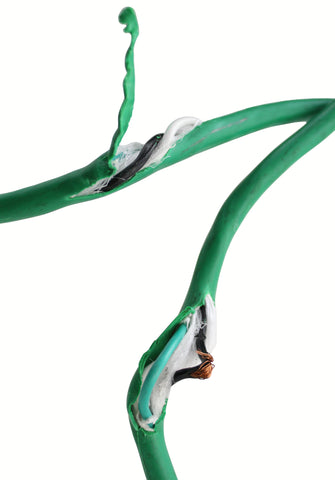
- Double-check what wattage the appliance you will be connecting is rated for. If the wattage is higher than what the cord is rated for, the cord could get hot or just not work properly. Tip: Wattage = Amps X Volts
- Do not run the cord through doorways, or holes in walls, ceilings, or floors. The cord can get snagged and cut open, exposing the wire within. This, again, could lead to overheating and shocks.
- Before you plug the appliance in, make sure it is turned off. If you don’t, and the appliance is on, there could be arcing. I’m sure we have all done this before, but arcing is something you can see and possibly touch. Again, this could get you shocked.
- The plug should be in all the way. Do not let any part of the plug be exposed while the appliance is running.

- Do not remove or modify any of the existing prongs on the plug. Trying to plug a 3-prong cord into a 2-prong outlet by removing the grounding pin can be dangerous. If you have a cord missing pins, either replace the entire cord or have an electrician replace the entire plug side.
- Keep the connection away from any source of water. If you think there will be moisture, use a waterproof casing.
- Its best to keep cords away from pets and small children. Sometimes, pets will just chew on anything, and children may think it is a toy.
- While using an extension cord, it is best practice to uncoil it. If you don’t, the piled-up coiled cable can overheat, making it unsafe to touch. If it gets hot enough, the jacketing may start to melt, too.
- Try not to drag the cord around. It can be difficult to remember while working, but the cord could snag on something, thus cutting it open and exposing the wires within.
- Cords can be a tripping hazard. Do not walk on them. If you can, try to highlight their location with a small cone, or by using vibrantly colored jackets.
- When you are all done using the cord, do not yank it out of the outlet by its cord. Grab hold of the plug end and pull it out from there. If you yank it out with the cord too often, the plug will begin to separate from the rest of the cord. This will expose the wiring, making it dangerous to use.

- Remember that extension cords are for temporary use. They should not be used to run something 24/7. Only short term jobs. If you do need to use an extension cord for extended periods of time, stop every once in a while to check the connections and condition of the cord.
- Finally, unplug the extension cord or flexible adapter when not in use.
If you have any more questions or concerns about extension cords, please reach out to use with a phone call, text, or email.
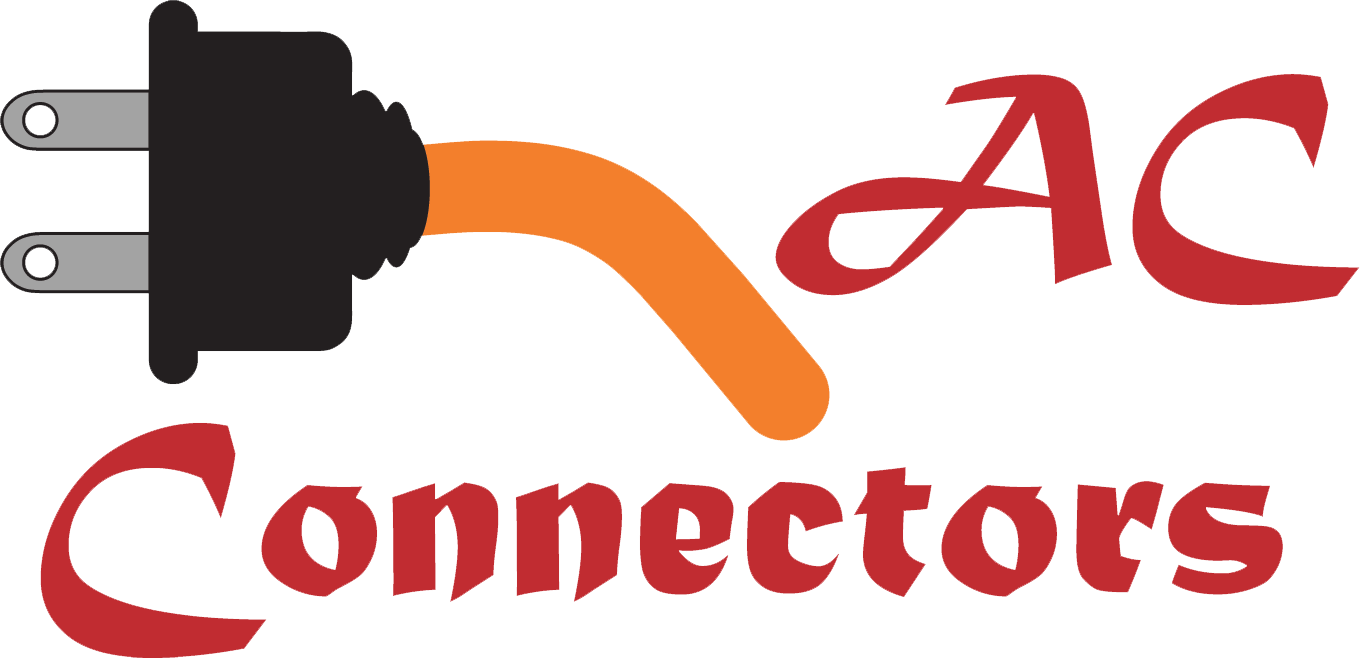
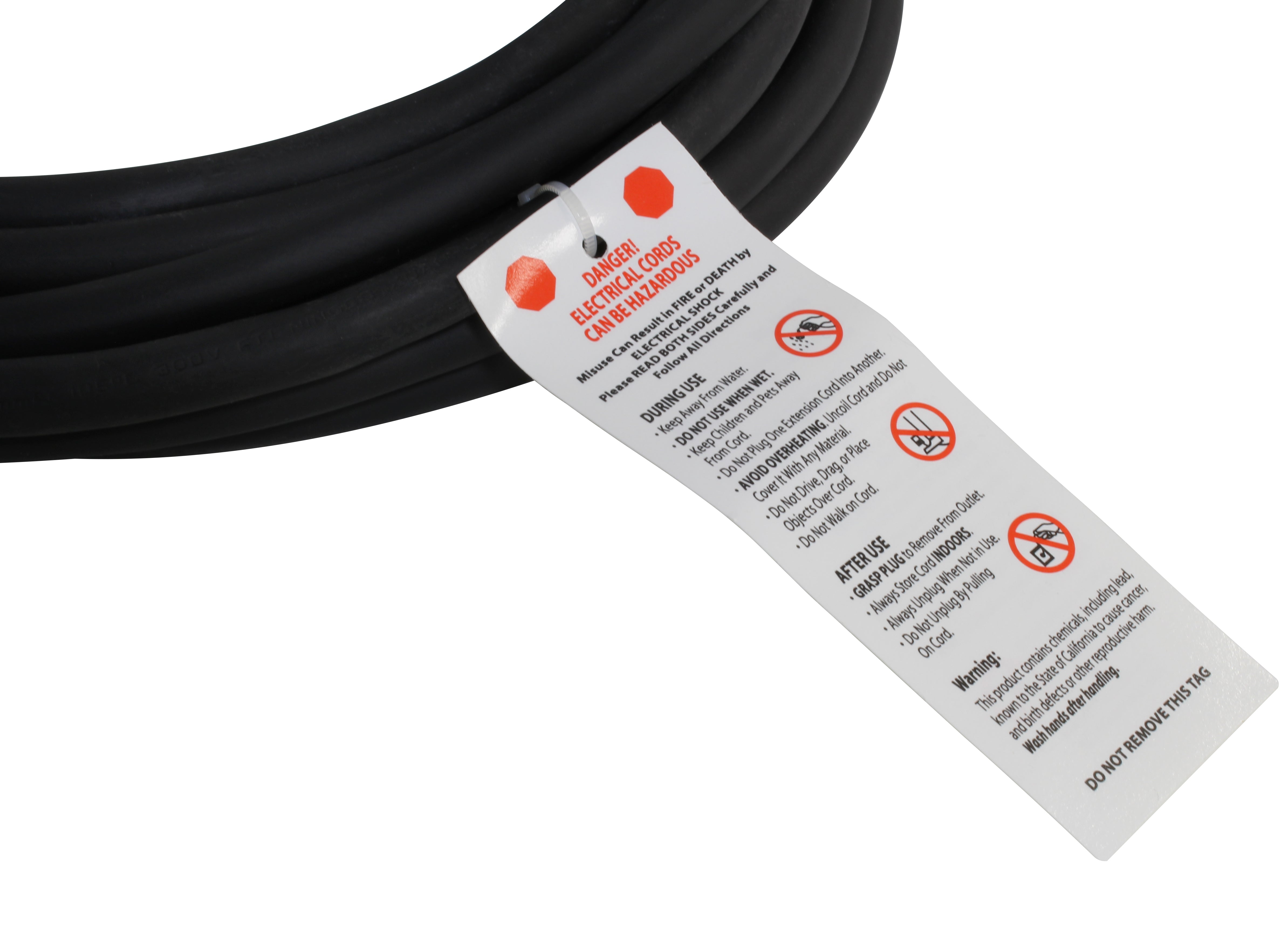



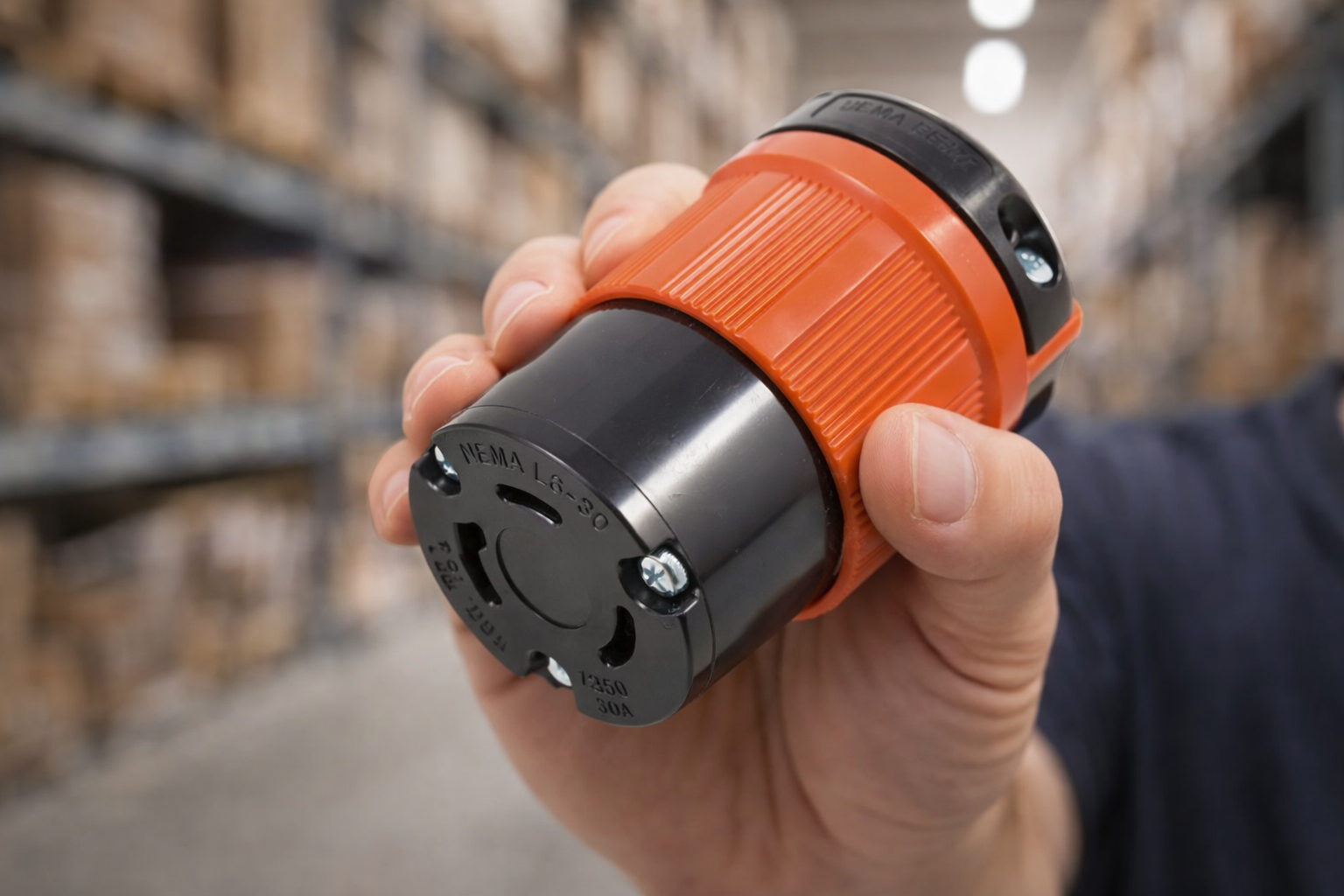
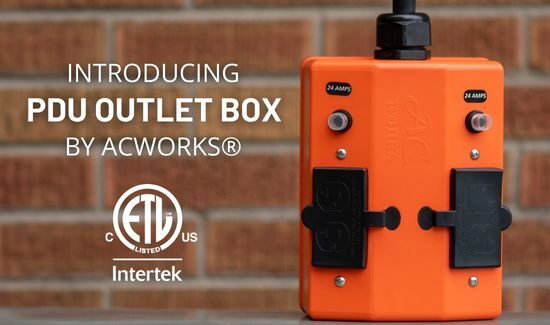

Share:
It's That Time of Year Again
The Importance of Unraveling Cords
3 comments
Thank you very much this information was very useful for me.
Glad to help! Let me know if you ever have any other questions!
Thank you Christopher. I wish we had more people like you explaining things
on the internet. Delmar